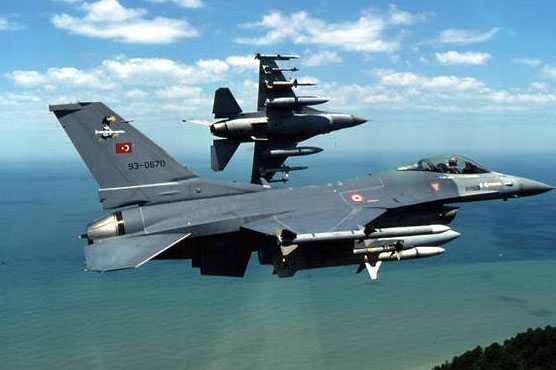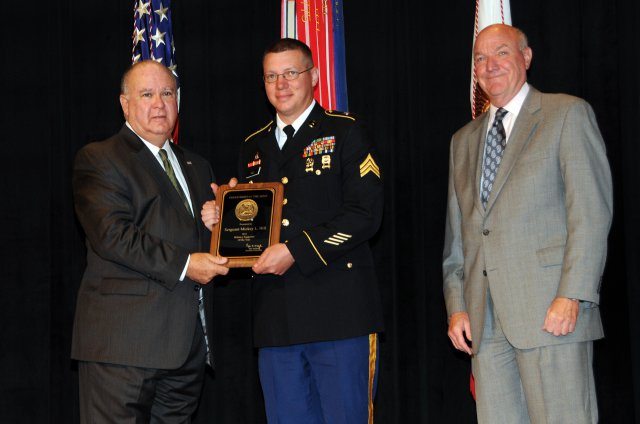Turkey continues to face security challenges both at home and abroad; a trend which looks set to persist throughout 2012. Turkish security forces are continuing their armed campaign to bring the armed rebellion by the Kurdish Workers’ Party (PKK) to a close. However, as of early 2012, the military campaign shows no immediate signs of success. Moreover, during the final months of 2011, the Turkish government faced some tough questions domestically and internationally regarding the use of force in its anti-PKK efforts following an air strike that claimed the lives of 35 civilians.
At home, tensions between the secular- and more Islamist-orientated political factions of Turkey’s polity continue to be visible. It remains unclear as to whether the Turkish armed forces have abandoned their self-nominated role in Turkish politics as the guarantor of the country’s secular orientation. Recent court cases and high-profile trials would seem to indicate that this is not the case. Questions are also being asked in Turkey about the judiciary’s ability to remain impartial in investigating and dispensing justice in cases where the Turkish government, constitution or Turkish history has come under critical examination. These issues so no immediate signs of being resolved and they remain important obstacles to Turkey’s long-standing ambition of joining the European Union.
Turkey’s relations with its neighbours and allies have also experienced some subtle, and unsubtle, changes. At the time of writing in February 2012, Ankara remains deeply concerned as regards the deteriorating situation inside Syria as the country slides towards civil war. It remains all but inconceivable that Turkey would not become somehow embroiled in either a Syrian civil war, which could cause significant refugee flows into Turkey, or a military campaign by the international community, to bring the violence in Syria to an end. For the moment, Ankara is keen to press forward with a diplomatic solution to the crisis. Moreover, Turkey would be in a similar position should United States-led military action commence against Iran in response to Tehran’s alleged development of a nuclear deterrent.
Turkey’s relations with the United States remain generally good, although the Obama Administration has not shied away from pressing the Turkish government to acknowledge the Armenian Genocide of 1915-1923. This issue is also preventing the normalisation of relations between Armenia and Turkey. Despite Ankara’s refusal to acknowledge the genocide, it is coming under increasing international pressure to do so, and this pressure shows no immediate signs of abating. Meanwhile, relations with Israel continue to remain deeply strained and show prospect for improvement during 2012.
As regards the country’s armed forces, a number of procurement projects remain ongoing. The Turkish army is expected to receive new Main Battle Tanks (MBTs) by the end of 2012, and is upgrading its older MBTs. New artillery is also forthcoming, along with the procurement of new tactical vehicles. The Turkish army also has an outstanding requirement for new anti-tank missiles, and is currently receiving new attack and medium-lift helicopters. The air force is taking delivery of upgraded Multi Role Combat Aircraft (MRCA), and is strongly expected to receive new MRCA in the coming years, along with new airlifters and training aircraft. Finally the Turkish navy is acquiring new surface combatants, submarines, support vessels and ship self defence equipment.










